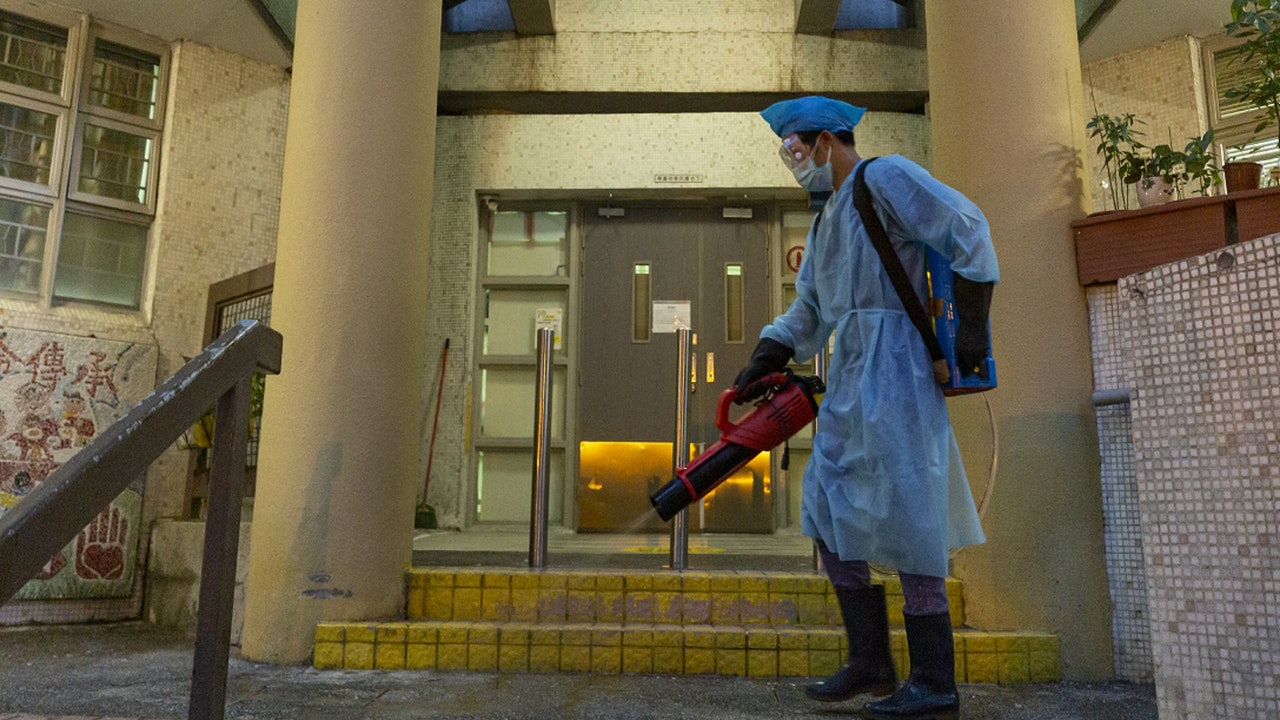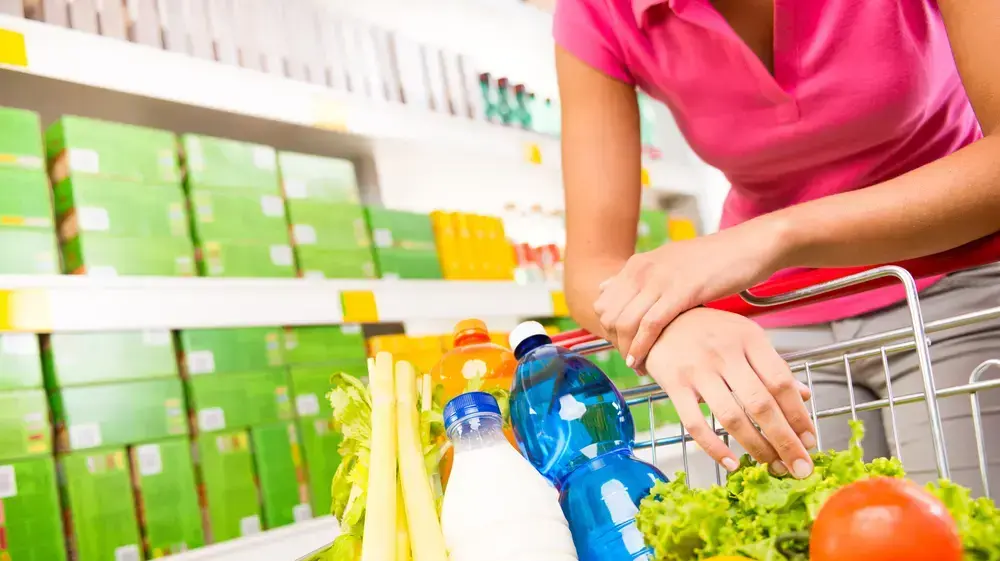01 view
Written by: Commentary Editing Room
2020-08-10 07:00
Last update date: 2020-08-10 07:00In the current pandemic, citizens are trying different methods to prevent the epidemic, and many anti-epidemic supplies and services have become popular. However, due to the public's fear of the epidemic and lack of accurate information, it is easy to buy products or services that are not as effective as advertised, which endangers their own health. To correct the public's myths about anti-epidemic supplies and services, the Consumer Council has an unshirkable responsibility.
Hong Kong ushered in the third wave of the epidemic last month. There have been more than 100 confirmed cases for many days, and the spread of the community is serious. Naturally, the public's awareness of epidemic prevention has been aroused again. Especially due to the numerous sources and spreading locations of the third wave, which involve different types of premises (such as restaurants, residences, shopping malls, etc.), the demand for premises disinfection services is stimulated.
There are many types of disinfection services provided in the market, and the price can be described as frugal. According to "Hong Kong 01" report, the recent popular spray disinfection service has a price and market. Taking disinfection of restaurants within 1,000 square feet as an example, the price of the service can range from 1,500 to 9,000 yuan, of which the most expensive one is more expensive. It is said that due to continuous orders in recent days, the urgent order must be increased by nearly double due to the shortage of manpower, which shows that there is a lot of demand behind it. Coincidentally, these services are advertised with professional certifications, patents, etc., claiming that they can perform more effective and harmless deep disinfection.
Many residential buildings, commercial buildings and restaurants will purchase deep disinfection services in the shops after learning that a confirmed person has visited them. (Profile picture)
The trap under the myth of epidemic prevention
In addition to disinfection services, antibacterial coatings are also another popular epidemic prevention service. Hong Sicong, consultant of the Joint Laboratory of Innovative Environmental Health Technology of Jiehe Industrial Co., Ltd., replied to "Hong Kong 01", stating that orders for related services have increased sharply by 50% since the third wave of the epidemic, mainly involving commercial buildings, offices and residential premises, and there have been suspicions recently. The case was not inquired about the case, and it was thought that the customer was worried about "successful recruitment" and hoped to purchase relevant services to prevent it from happening
The citizens are eager to prevent the epidemic and spend a lot of money to seek peace of mind. It seems that a transaction that is purely yours and should be allowed by the free market. However, when the effectiveness of these anti-epidemic services is not as advertised, and there are even health risks, and the public is rushing to buy due to anti-epidemic myths and lack of correct information, this harms the rights and interests of consumers and even the public welfare. The problem needs to be faced squarely. For example, some experts pointed out that although the deep disinfection method of atomization is effective in sterilization, large-scale use has the opportunity to be inhaled, and chemical residues in the lungs will cause permanent damage. And even though many companies claim that edible related substances are non-toxic, it does not mean that they are non-toxic by inhalation. All of these are information that the business has not disclosed or even deliberately concealed.
In fact, the epidemic prevention myths in the society have been spotted. Epidemic prevention products that advertise expert certification and professional technology are not uncommon. Radio Hong Kong’s “Clang Collection” previously discussed the essential effects of anti-epidemic products such as natural antiseptic sprays, sterilization cards, and air purifiers. Some of them were found through methods such as commissioning university lecturers to conduct actual tests and third-party accredited laboratory tests. The effect of disinfection spray is not as good as ideal, and there are even substances that humans have the opportunity to be allergic to. In severe cases, the throat may swell and block the trachea and die. As for the sterilization card and air freshener, the experiment found that similar amounts of Staphylococcus aureus and mold were collected with and without related products. Even if tested in the laboratory, the sterilization effect was not significant.
The Consumer Council has tested the badge
In the middle of last month, the Consumer Council also announced the results of reviewing 14 "sterilization badges" on the market, and found that many of these seemingly convenient products have a significant difference in flat sterilization rates from their advertised rates, and it claims The performance is only generally applicable to specific environments (such as the closed test environment set by the manufacturer), and there are many precautions for use. In addition, the Consumer Council also criticized the supplier's product efficacy proofs for far-fetched reasons, and the actual anti-epidemic efficacy of the product is questionable.
Of course, not all anti-epidemic products and services in the market are fraudulent, and the public can still buy them. However, there are many anti-epidemic products and services, but the quality is not only uneven, but also has the opportunity to involve false explanations, which is a real violation of consumer rights. What's more, under the myth of epidemic prevention, citizens tend to consume impulsively. In the absence of accurate information about related products and services, citizens will not only have a "bottom loss", but also have a chance to pay for their health and safety. The Consumer Council, which is concerned about consumer rights, should test more anti-epidemic products to protect the public from falling into the trap.
[Wuhan Pneumonia] Is the "anti-epidemic artifact" rampant payment for epidemic prevention?
The role of masks reported as a beacon of epidemic prevention and the Consumer Council can be more important
01 depth
New Crown Pneumonia Epidemic Prevention Knowledge Consumer Council RTHK01 Viewpoint











/cloudfront-eu-central-1.images.arcpublishing.com/prisa/KMEYMJKESBAZBE4MRBAM4TGHIQ.jpg)


